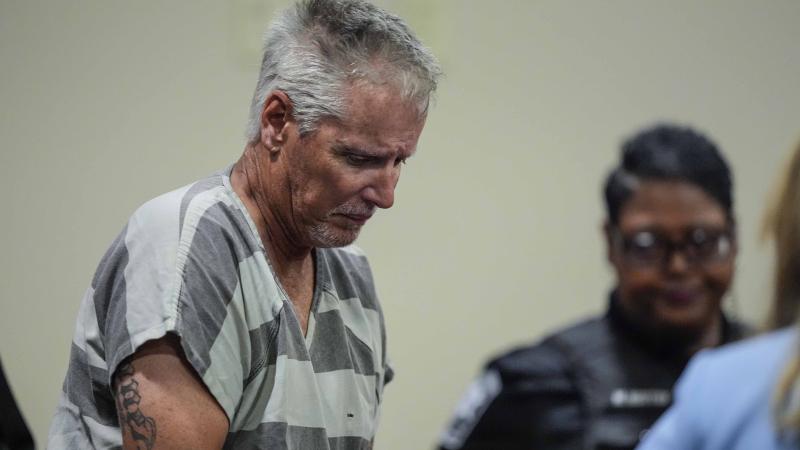Virginia Governor Northam issues posthumous pardon to seven black males executed on rape charges
Governor's office: Pardons don't address guilt, serve as recognition men were tried without adequate due process, received racially-biased sentence.
Virginia Democratic Gov. Ralph Northam on Tuesday granted a posthumous pardon to seven black men who were executed 70 years ago for allegedly raping of a white woman.
"While these pardons do not address the guilt of the seven, they serve as recognition from the commonwealth that these men were tried without adequate due process and received a racially-biased death sentence not similarly applied to white defendants," the governor's office said in a statement.
Said Northam: "This is about righting wrongs. We all deserve a criminal justice system that is fair, equal, and gets it right – no matter who you are or what you look like.
"I'm grateful to the advocates and families of the Martinsville Seven for their dedication and perseverance. While we can’t change the past, I hope today’s action brings them some small measure of peace."
Family members of the seven men from the city of Martinsville – Francis DeSales Grayson, Booker T. Millner, Frank Hairston, James Hairston, Howard Lee Hairston, John C. Taylor and Joe Hampton – say they were interrogated under duress, without the presence of a lawyer and that their confessions were coerced under threat of mob violence, according to WWBT, an NBC-TV affiliate in Richmond.
The crime for which the men were found guilty occurred in 1949.
A court held consecutive, one-day trials, with each having about two hours of deliberation. And the men were executed in February 1951, in what is known to be the largest mass execution in Virginia history.
Most of the men were in their late teens or early 20s, WWBT also reports. The NAACP tried unsuccessfully to appeal the verdicts.
The Martinsville 7 Initiative Inc. says Virginia law "provides for the death penalty for rape. However, in practice, only black men were subjected to the death penalty for rape even though the statute had changed in 1866."
















